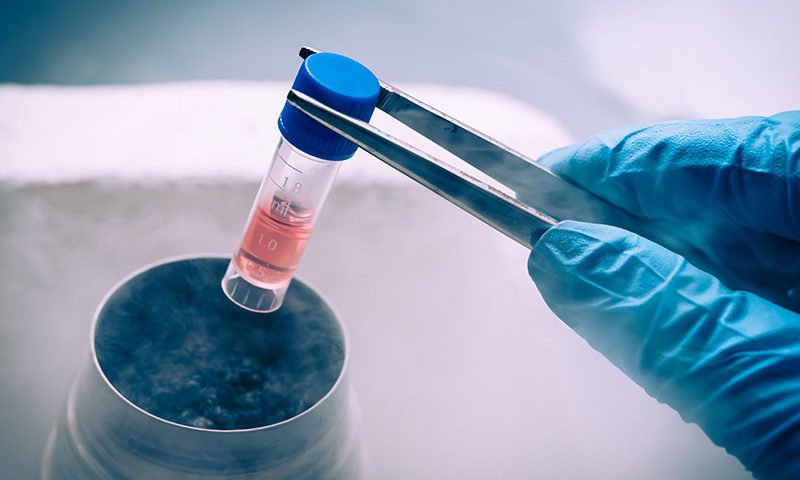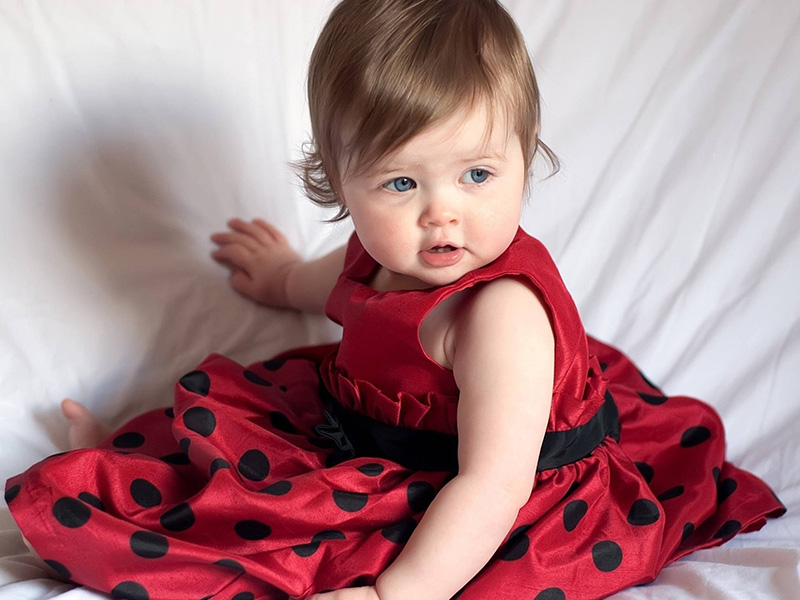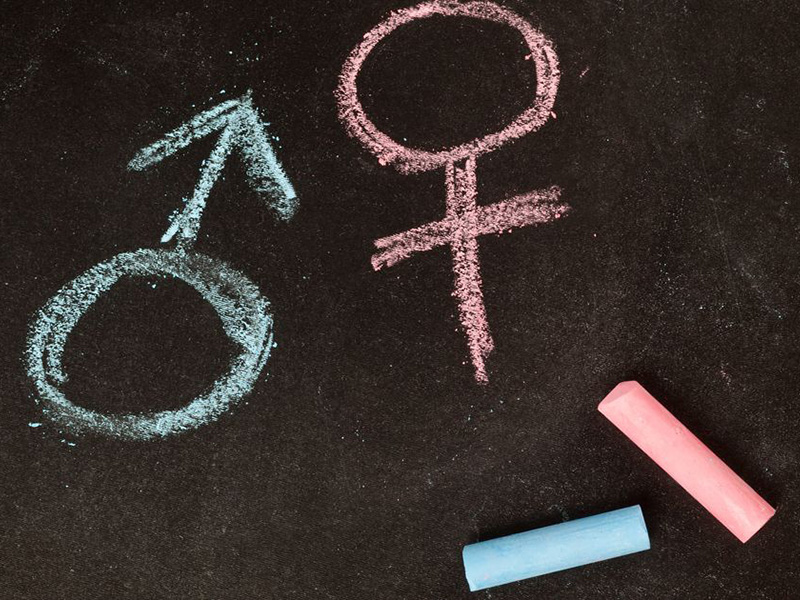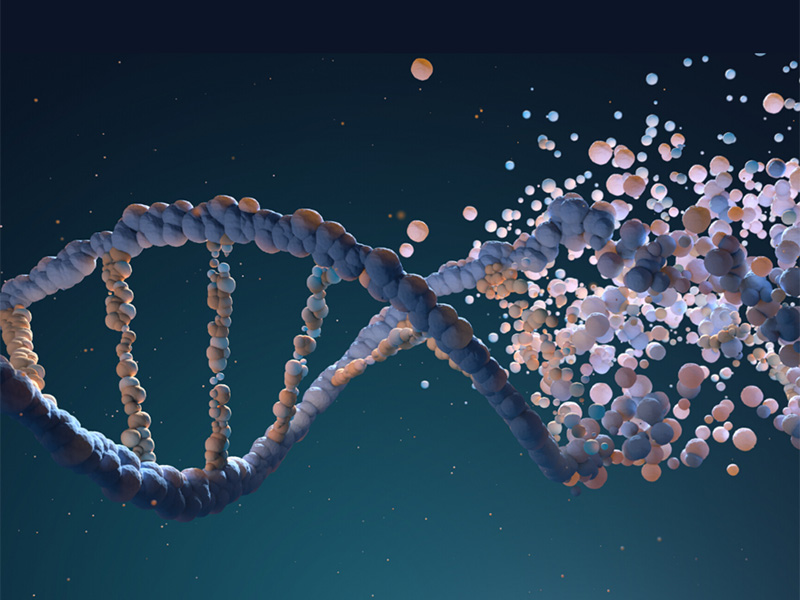First baby is born through new egg-freezing technique

It’s not women’s menopausal bodies that need ‘fixing’ but society’s attitude to them
March 6, 2020
How we approach your difficulty of getting pregnant
March 6, 2020
Cancer patient’s immature eggs were collected, matured in lab and frozen for use five years on.
A woman who was left infertile by cancer treatment has given birth to a baby after her immature eggs were collected, matured in a lab and frozen for use five years later.
Fertility specialists at Antoine Béclère University hospital in Clamart near Paris said the healthy boy, named Jules, was the first baby to be born through the new procedure.
“We didn’t know whether or not the frozen eggs would survive and keep their potential to produce a pregnancy and live birth,” said Michaël Grynberg, the head of reproductive medicine and fertility preservation at the hospital. “It was a good surprise for us.”
The unnamed woman was offered fertility counselling when she was about to embark on a course of chemotherapy for breast cancer at the age of 29. The drugs used in many cancer treatments are known to put fertility at risk.
Doctors ruled out the standard IVF procedure of using hormones to stimulate the woman’s ovaries to produce eggs, concerned it might exacerbate her cancer. Another option was to remove and freeze some of the patient’s ovarian tissue and reimplant it when she had recovered, but the woman considered the operation too invasive.
Instead, the woman opted for retrieval of early-stage eggs from her ovaries. These were matured in the lab for one or two days and then vitrified – a process that freezes the cells rapidly in nitrogen to reduce the chances of ice crystals forming and rupturing them.
The woman recovered from cancer but found she could not get pregnant naturally and returned to the hospital for fertility treatment. There, Grynberg’s team thawed seven frozen eggs, six of which survived the process. These were fertilized with sperm injections, but only one developed into a healthy embryo that gave rise to the successful pregnancy. The boy was born on 6 July 2019 when the woman was 34.
Grynberg said that while the procedure was not particularly efficient, it allowed some women to have babies when they had exhausted other options. In cancer patients, removing and freezing ovarian tissue before chemotherapy can be a more reliable approach, but in addition to being an invasive operation, the procedure has long-term risks if cancer cells have infiltrated the ovarian tissue that is removed for storage before chemotherapy.
Details of the birth were published in Annals of Oncology. “She was very lucky and we were as well,” Grynberg added. Two more women, one who was treated for breast cancer and another who was treated for lymphoma, were now pregnant after having the same procedure at the hospital, he said.
The medical team is working to make the procedure more efficient. At the moment, many embryos created from eggs that have been matured in the lab and then frozen do not develop well enough to establish healthy pregnancies. Grynberg said the team hoped to improve the culture medium used to mature the eggs in the lab.
Eggs have been matured in the lab before and used to create embryos that have gone on to produce live births. But this was the first birth from an egg matured in the lab and then frozen before use.
Source: The Guardian




